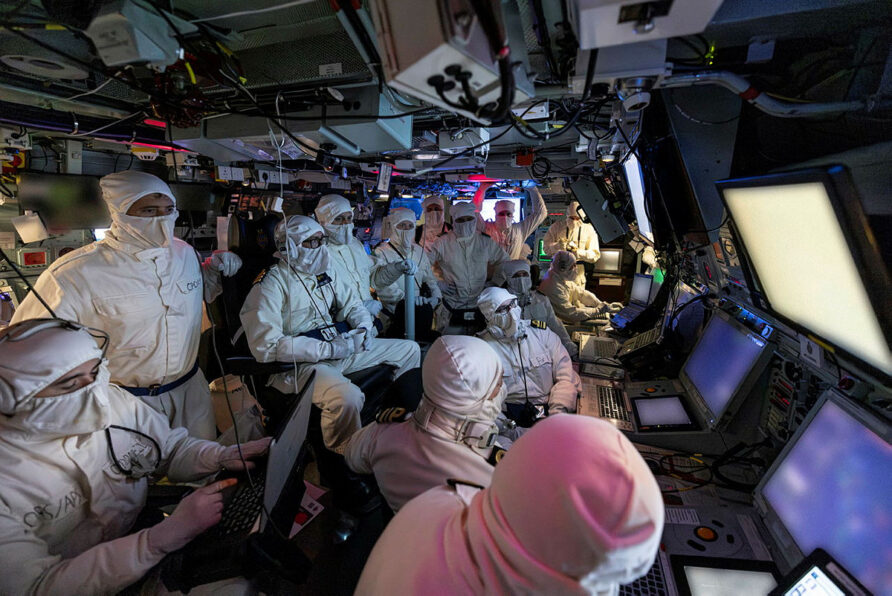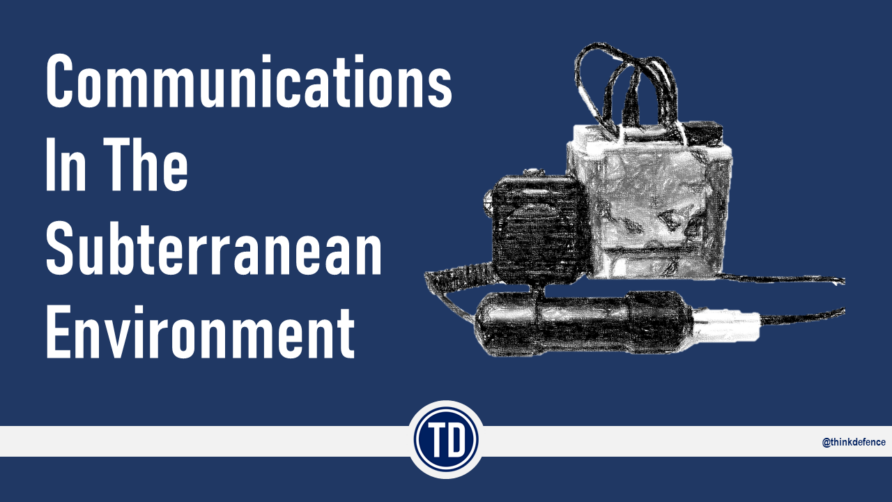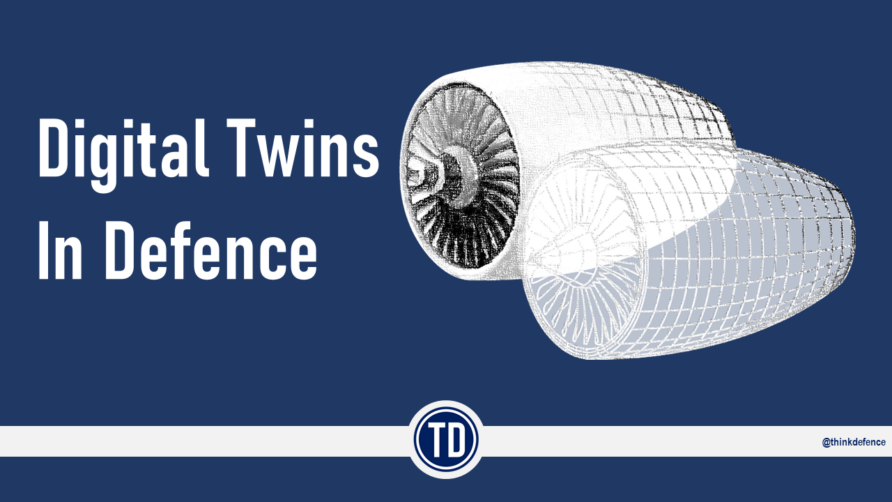There seems to be something wrong with (some of) our Captain’s today
Recent years have seen a number of Royal Navy Commanding Officers removed from their posts.
In May 2019, the CO of HMS Queen Elizabeth was relieved of command. It was reported he had made personal use of a car that was only for official business. Three years later the CO of the RN’s other carrier, HMS Prince of Wales, was ‘administratively dismissed’. This was following complaints made by female sailors that ‘they were left feeling uncomfortable after one on one {training} sessions with him’.
To have to dismiss one carrier captain is unfortunate. A second one, and you may have got a problem with how you’re choosing your Captains.
Not to be outdone, the RN’s submarine service then dropped a bombshell in the summer of 2024 when it was revealed a Trident missile submarine Captain had made an explicit sex video onboard. He was dismissed from the Navy. For the submarine service, this came on top of a shocking report published late in December 2023. It revealed physical and sexual assaults had taken place at sea, as well as other unacceptable behaviour.
In May 2025, the then First Sea Lord, Admiral Sir Ben Key, produced a ‘hold my beer moment’.
It came to light that, as the upholder of the highest standards of professionalism and integrity in the RN, he had an affair with a subordinate. It’s no excuse that everyone in the navy is subordinate to the First Sea Lord.
Barely a week had passed when the CO of HMS Tyne, an offshore patrol vessel, was removed from command after, you guessed it….’inappropriate sexual relations with a subordinate’. Back in 2014, the then CO of the frigate HMS Portland, the first female Commanding Officer of a major RN warship, was removed from command over allegations she was having an affair with one of her subordinates. Who happened to be married. She was allowed to take early retirement.
The report into misconduct and inappropriate behaviour in the submarine service is an abhorrent read. As a sample of things it contains, we could begin with a report the second in command of a nuclear submarine had inserted his genitals into the pocket of a female officer. Sexual assault and indecent exposure. It was stated it was common for junior officers to receive kidney punches if they made a mistake using the periscope.
Physical assault.
Females had their underwear stolen from the laundry.
Theft.
A respected CO had a ‘black book of revenge’ which contained names of those he had disagreements with. More than one Captain was reported to have a ‘black ops hard drive’ – a code for their pornography collection.
How does an organisation get to such at state of affairs?
Poor leadership and lack of moral courage in my opinion.
Having the courage to do the right thing works both up and down the chain of command. I spoke with a Royal Navy Captain and he offered this insight. Unfortunately, when writing reports on subordinates who have inappropriate or unacceptable behaviours, this can sometimes be left out for not wanting to ruin a career. Instead, the issues are brought up informally, a quiet word in the ear.
In the short term, everyone feels good. The report writer has avoided having to commit in writing things that ought to be career limiting or terminating. For the individual being reported upon, they will feel relieved they still have a future ahead of them despite their behaviour. But here’s the thing. Whilst some individuals might reflect and change for the better, others given time will think ‘well I can’t be that bad or else the boss would have put it in writing?’. And eventually Lt Inappropriate becomes Lt Cdr or Cdr Inappropriate with a Command. Their behaviour never changes, and in their wake they can leave a trail of personnel destruction.
Now it is going to take some serious moral courage going up the change of command to do something about it.
In attempting to address the unacceptable behaviour of someone you command as described above, you may think you’re exhibiting good management skills. You’ve found a means by which an individual can address their behaviour without their career being in jeopardy. But you’ve actually exhibited poor leadership because you’ve near as dammit condoned that behaviour.
Furthermore, you haven’t considered the impact it may have on others if that person does not change. Being a good leader is not just about making decisions that are popular.
Maybe that is where things have gone awry not just in the RN but the forces overall?
Has good leadership become too much about trying to be popular with everyone? And avoiding having to make the difficult decisions which if not made give a short-term gain, but cause long-term pain? The buzz words like inclusion, diversity, integrity, honesty that everyone in the forces is challenged to uphold seem like just buzz words when you see the appalling behaviour of too many in positions of authority.
Allowing people to be ‘their genuine self’ in the workplace doesn’t mean allowing them to get their genitals out in the control room of a submarine.
My story of the Command avoiding the tough choice first-hand came when I was a Fighter Controller in a Type 42. As the Wardroom was assembled following a major refit, everybody was told that if any inappropriate relationships were formed in the ship, the senior person would go.
Some months later, it’s the day before Staff Sea Check at Basic Operational Sea Training (BOST). It comes to light that one of the deputy heads of department, who happens to be Officer of the Day (OOD), is in a relationship with a rating in my division. The Head of Department knocks on my cabin door with the Deputy in tears, and tells me I have to take over as OOD.
A short while after I find myself having a conversation with the CO about the rating in my division who was what was called an ‘Upper Yardman’ candidate. That was that they were being considered for assessment by the Admiralty Interview Board for Officer training. I needed to write the relevant going on draft report, and it had to be a good one.
I was incredulous, not sure how well I hid it, but I got on with producing the report. And being OOD. My incredulity stemmed from firstly, despite what we had been told, the senior person wasn’t the one to going. Secondly, that someone who wished to be considered for Officer training was getting recommended for it having just demonstrated they lacked the qualities required. Had the ship not been about to start sea training, the Officer involved would have gone, I believe. But loosing a key member of the damage control organisation at that time was going to have a real impact on the ship.
Loosing one of many AB’s was not. It was a case I felt of applying the rules when it benefitted the ship. BOST is a demanding period for a warship, and we did well, getting a ‘very satisfactory’. I remember two more things. Firstly, that one of the other Heads of Department said to me that I had totally been stitched up both for being made OOD and having to produce the report. And secondly in the remaining year I was in the ship afterwards nobody mention the event. Ever.
In my time in the navy and subsequently in civvy street I have worked for some great people and some you find yourself questioning how they got the job?
As a Midshipman in a Destroyer I witnessed the Captain screaming a dressing down to the First Lieutenant on the bridge wing. In full view of the half a dozen officers and men on the bridge. I thought that’s probably not the right way to go about things? It wasn’t a happy ship, and the First Lieutenant was rarely in a good mood. I bumped into him a couple of years later at HMS Dryad where he was on the training staff, and he seemed a totally different man solely on the basis of a two-minute catch-up.
I also remember the DWEO from that ship subsequently being on the trials staff when I was part of the team on the Destroyer I served in coming out of refit. One day in the ops room he commented on our CHOPS(R) saying ‘he’s really good, actually explains stuff and teaches the junior rates instead of just shouting at them’ (in reference to the CHOPS(R) in the destroyer I was a Midshipman in).
My other experience as a Midshipman was in a Hunt class MCMV. When I joined, I remember being amazed how relaxed things were. Once fallen out from harbour stations, all the officers from the CO down would remove their ties for example. It was a happy ship. Off to FOST we went and just about scraped through staff sea check. The CO sat all the officers down in the wardroom and admitted it was down to him – ‘I let things get a bit too lax’ he said. But he asked everyone to pull their socks up, raise the standards and get stuck in to the training, Which we did. An example of perhaps how trying to be overly popular doesn’t always work. But to his immense credit I think now reflecting on it, he took ownership, gave direction, and everyone followed.
The CO of HMS Diamond during operations in the Red Sea deserves immense credit for the way he led his ship under repeated attacks from the Houthi rebels over a prolonged deployment. As does the CO of HMS Richmond that stood in for Diamond, so the latter could undertake an R&R and maintenance period in Gibraltar.
The MoD released a photo of him in full battle dress in the Ops Room, holding a mug of tea whilst the ship carried out the first-ever combat engagement with the Sea Ceptor missile system.

It showed an air of calm, relaxed confidence, ‘we’ve got this team’. The CO’s of the V-boats who have got their crews through 200 day plus patrols have demonstrated unimaginable stamina of leadership.
So there is the evidence that the RN can still produce fantastic leaders. It just needs to weed out the bad ones at the first opportunity.
Tim Griffiths, Aug 2025
Tim is a former Royal Navy Warfare Officer and cohost of @shipwrektpod podcast.



Said it last time women should not go to sea. And we are paying for it now.
I am often amazed by how many Pongo’s shrug their shoulders and basically say adults are adults etc. etc. etc. We have warships for 1% of the time when situations go awry. But that means the other 99% of the time must act for as much as possible as if it the 1% time.
As I said in my comment under the other article young women cause enough trouble in civi jobs never mind in the pressurised atmosphere of a warship.